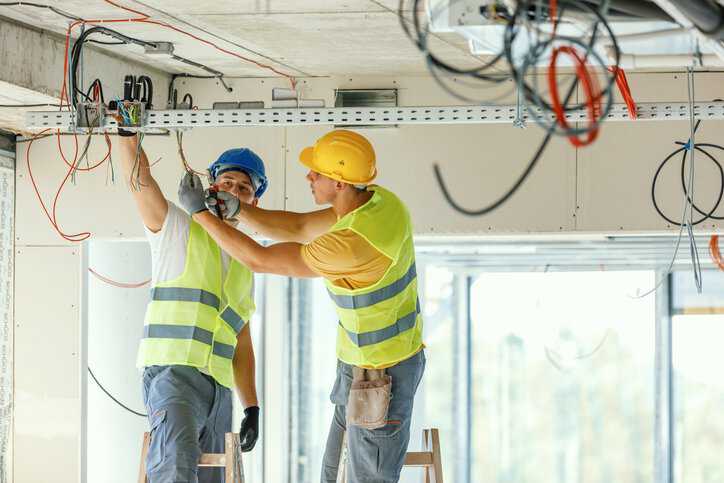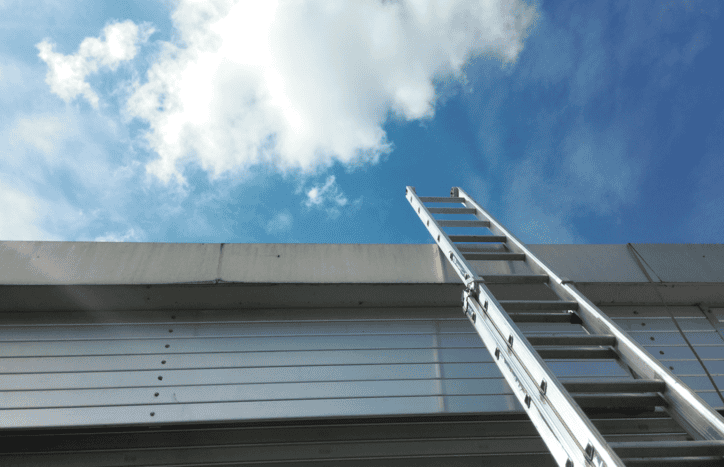NECA 1-2023: Good Workmanship in Electrical Construction

When you walk into your office or any commercial building, you may not realize the intricate electrical systems that work behind the scenes that keep the lights on, computers running, and equipment functioning. Without good electrical construction, buildings would not have the power they need to function well—meaning essential applications like lights and technology would fail to work day to day. NECA 1-2023: Standard for Good Workmanship in Electrical Construction covers general requirements for installing electrical products and systems.
What Is Electrical Construction?
Electrical construction includes installing, wiring, design, maintaining, and repairing electrical equipment and systems within buildings and infrastructure. It specifically incorporates wiring, lighting fixtures, power outlets, and control panels. This work is critical for the safety of commercial facilities like stores, offices, industrial facilities, and even temporary structures.
Electrical construction requires advanced electrical skills and building code knowledge; it assures proper, reliable electrical functionality and adherence to safety codes and standards.
What Is NECA 1?
NECA 1-2023 defines the basic quality and workmanship standards for the installation of electrical products and systems. This including safety measures and guidelines for various electrical installation tasks. NECA 1-2023 addresses the mechanical execution of work that is an integral part of the installation of electrical equipment and systems; the publication includes accepted industry practices used to install equipment in a professional and skillful manner as addressed in NFPA 70: National Electrical Code (NEC), Section 110.12.
NECA 1-2023 notes that only qualified persons as defined in the NEC familiar with the construction and installation of electrical systems, equipment, and components should perform the technical work described within this standard. Administrative functions and other tasks should be performed under the supervision of a qualified person.
Benefits of Maintaining an Electrical Installation
Regular maintenance of your electrical system offers various significant benefits, including:
- Saving Time and Money: Trained electricians can fix problems before they become major complications. This helps minimize downtime and prevents potential power outages.
- Improving Safety: Regular inspections keep homes or business safe, preventing electrical shocks or fires caused by improper wiring or damaged electrical systems.
- Extend the Lifespan of Appliance: Well-maintained electrical systems help increase the life of appliances, helping ensure that electrical components are in good condition.
- Reducing Energy Costs: Regular maintenance checks fix electrical issues, helping increase energy efficiency and lowering utility bills.
Why Is Proper Electrical Construction Important?
In a nutshell, proper electrical construction is imperative because it helps keep people safe and makes the building work better overall. When electricians install systems correctly, it reduces the chances of accidents like shocks, fires, electrocutions, explosions, and equipment breaking. Additionally, well-design systems can save energy, cut costs, and make people feel more comfortable and productive.
Electricians follow strict rules to avoid safety risks and hazards, assuring that the electrical construction meets safety standards like NECA 1-2023. By adhering to NECA 1-2023, electricians help to prevent electrical hazards and assure the safety of building occupants.
NECA 1-2023: Standard for Good Workmanship in Electrical Construction is available on the ANSI Webstore.






